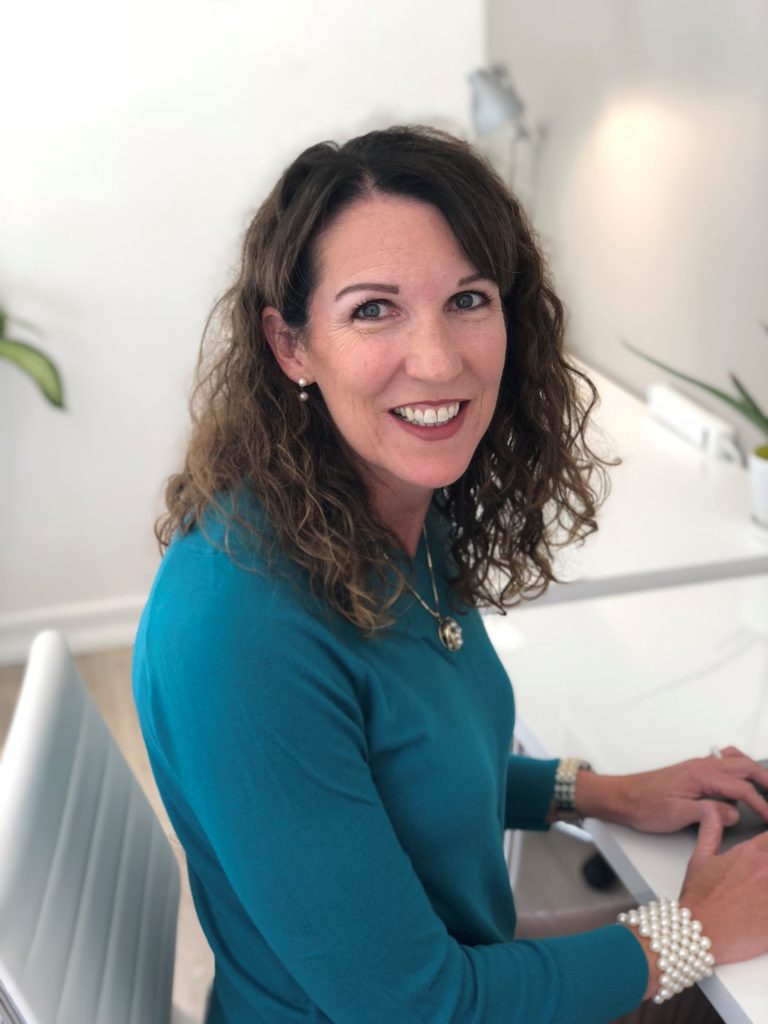The Importance of Listening
Picture a time when you were heads-down on a critical client deliverable and a critical stakeholder pings you to say you over-extended your reliance on a high-stakes SME. You’re appalled as you’ve delicately balanced meeting client demands while limiting the use of said SME. Or remember a time when you vulnerably shared your insights with a close friend, and they responded in a way where you felt criticized or attacked. Whether in a professional or personal setting, conflict arises, and when we get to the crux of the rub – it always comes down to feeling heard and listening to others.
A pathway to reconciliation is to voice and resolve grievances honestly and productively, helping individuals and organizations connect people, build trust, and increase transparent communications. One way to go about this is relying on these three tactics:
Your collaboration at home or work breathes success when you know how to listen and respond. Each person uniquely presents themselves and communicates distinctively. Everyone has an eccentric set of social cues that mirror when they feel heard and understood. It’s not intrinsic to recognize each person’s signals and acknowledge a disconnect between you and that person. What is inherent is to have compassion and meet them where they are.
By holding compassion, you hear what they have to say – verbally and non-verbally – while accessing an endless source of patience before you respond. For example, when you surrender to compassion, you may notice one’s inability to look you in the eye as an expression of their hurt rather than disrespect, allowing you to connect with them at a humane level. And when you respond from this kind of place, you find it effortless to rely on mutual respect and honesty.
Conflict is a time where listening is essential for others to feel heard and understood. It can also be a pathway for you to reconcile and learn from other’s views, beliefs, and ideals. As Isa Gucciardi, author of Coming to Peace, comments, “Peace can only come when we recognize our connection to others and see the value of their experience as equal to our own.” To get to this place of equanimity, you want parties to be fully present and wholly listen. Listening to others vulnerably express their needs helps repair broken connections.
It may take time and space to reach commonality. But when you arrive and operate from this place – you access the wisdom to bridge differences and move forward in peace, with grace.
After finding a resolution, you may choose to reflect on what you learned and apply those insights in the way you move forward. Perhaps, you recognized your triggers and identified an alternate way to diffuse them so that you can come from a place of curiosity and wholly listen when entering a conflict. To make this tangible, I’ll be vulnerable and share a personal experience. When I’m at odds with someone, my trigger is to critique and judge. This trigger taught me how I use it as a form of protection. When I feel exposed or attacked, then I shield myself by attacking back with fault-finding and judgment. And when my shield is up, I’m unable to listen. Once I take off my armor and hold compassion, I learn about one’s intention and motivation to see the meaning and hear the feeling behind the conflict. This awareness helps me greet – most of the time – my critical voice with “no thanks, I got this” and authentically show up, ask questions and hear what’s said.
Listening provides a pathway to connect people, increase transparent communications, and build trust. When you are stuck in conflict, remember you have two ears and one mouth to listen twice as much as you talk.
Set up a 20-minute call here to see if we are a good fit to spark your project!
Download or View this Article as a PDF

A passionate organizer of people and initiatives, Erica Smigielski brings over twenty years of experience in project leadership to financial software and SaaS companies who want to launch their next big idea. She leads large-scale, complex projects like product launches and company mergers and acquisitions as well as focused efforts to bring structure and process to fast-track businesses. Erica holds certifications as a Stanford Advanced Project Manager as well as a Certified Group Facilitator, making her a master orchestrator of strategic planning, as well as a skillful communicator who can expertly navigate complex group dynamics.






